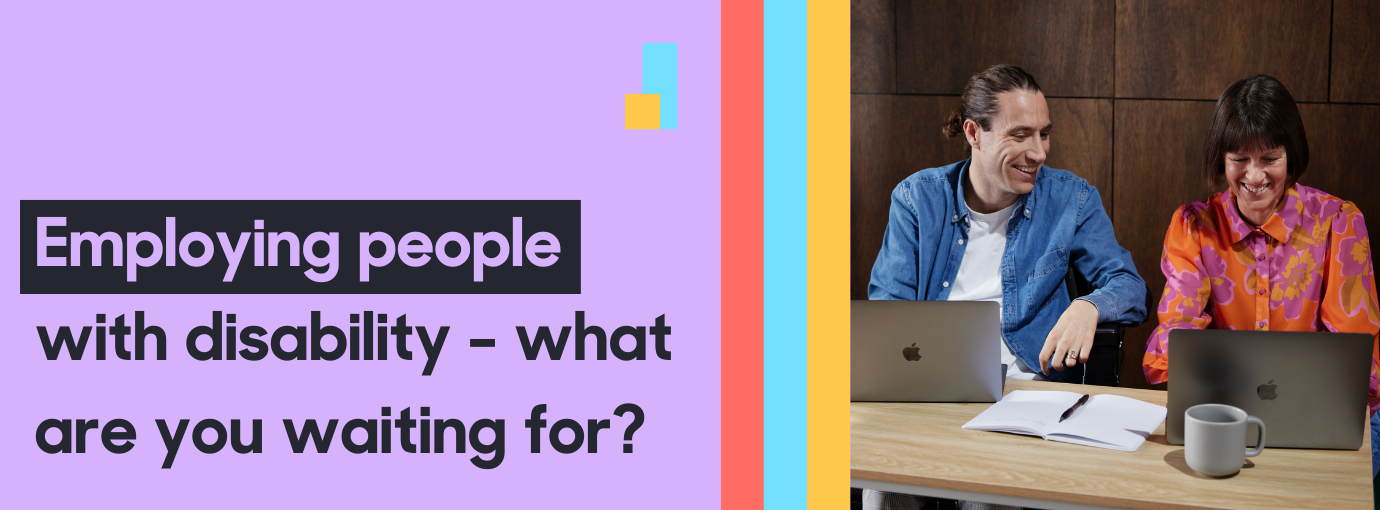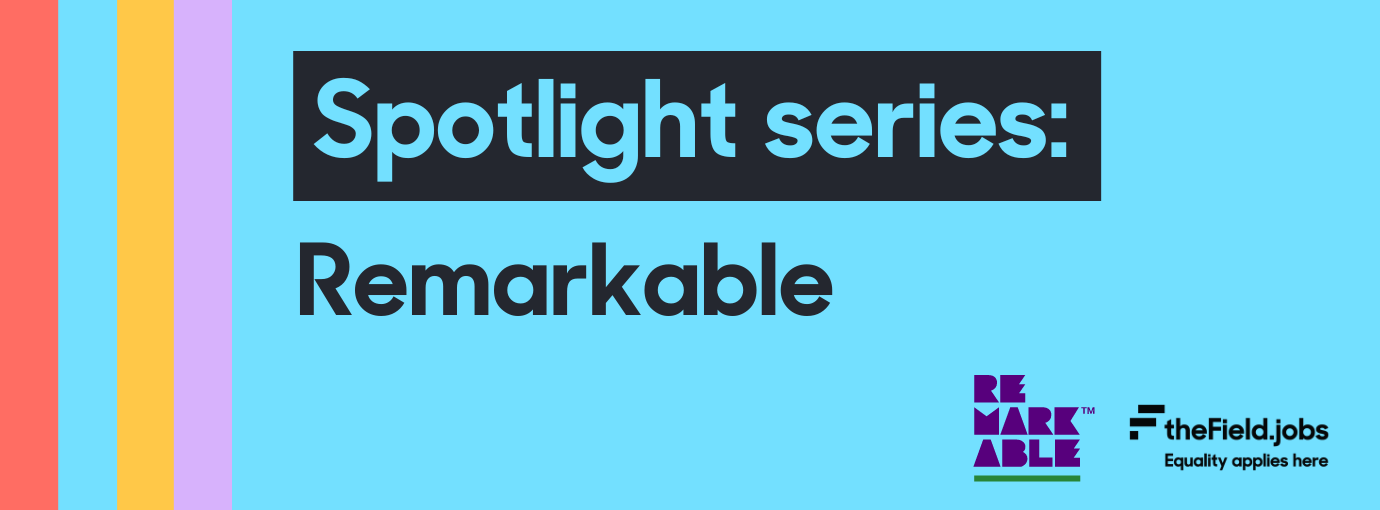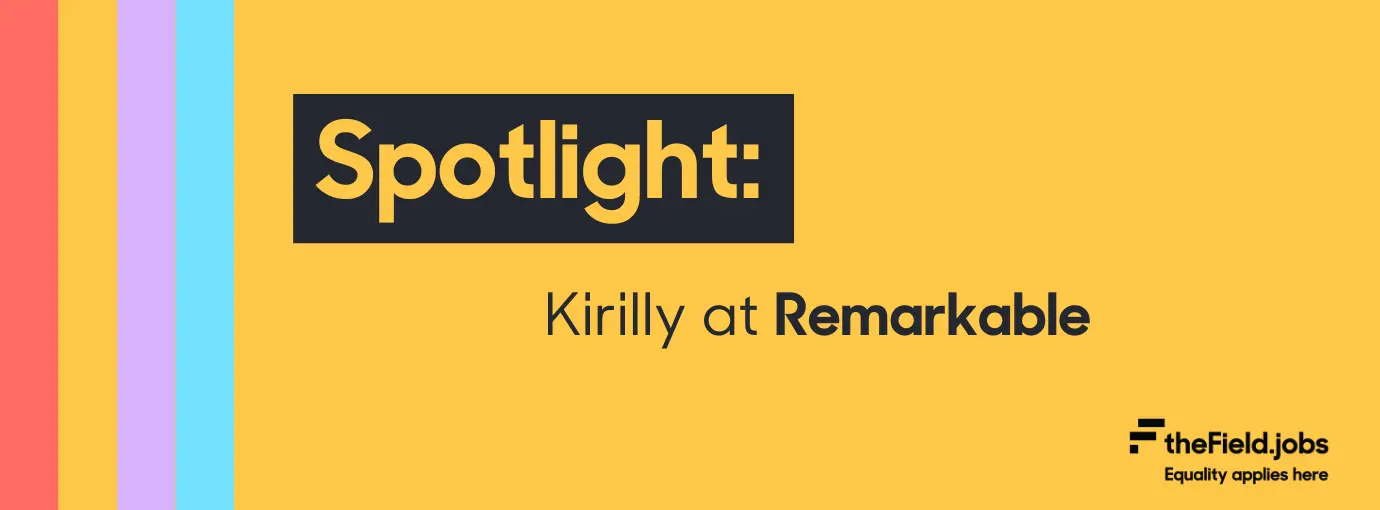When it comes to creating resumes, you may feel like a little fish in a big pond, competing against a lot of other applicants. The good news is, we’re all unique and no other candidate has your exact set of skills and experiences. To help you excel at writing or recording your resume, we’ve outlined four ways to give you the best possible chance at being noticed by employees.
Get creative and customise your resume
One way to get noticed is to be creative and customise your resume to the job. Not only does this show off your personality, it also shows that you care about the role and have done some research into the company.
Being creative doesn’t have to mean grand gestures! If you’re applying for a music company, you could point out your connection with music, a gig you loved, or a time when music helped you push through a challenge. You might even lay out your resume so it looks like the back of an old vinyl record, or include your favourite song for reference. When being creative, be conscious of who you’re applying to. Larger organisations are more likely to use technology to shortlist candidates, so a more standard resume layout might work best in that case.
Keep it short and concise
It can be tempting to add everything into your resume, particularly if you have been working for a while, or have had a number of different types of roles. However, in many cases, hiring managers have a lot of applicants and not a lot of time. Keep your resume short and concise, and focus on the key things you want an employer to know. Ideally, keep written resumes to no longer than one to two pages. For a recorded interview, make sure it’s no longer than one minute.
Start with a short summary that talks about what you have to offer, and some key successes that demonstrate your skills. To know what to else include, try asking yourself these questions:
- What skills are relevant to this job?
- What skills do I have that other applicants might not have?
- What experience demonstrates that I can do the tasks needed for this job?
- What experience makes me stand out compared to other applicants?
- What are some of my proudest accomplishments? How do they relate to this job?
Remember, skills don’t have to be limited to work skills. If you have experience from school, university or a hobby, these can still be relevant to a job application. For example, your love of sport might be a major draw card if you’re applying for a job in a sporting organisation, but not necessary information if you’re applying to be a receptionist at a dentist.

Outsmart AI
To save time, a lot of large employers will use Artificial Intelligence (AI) to scan through written resumes quickly. For the most part, this includes AI checking whether the language in your resume matches the language used in the job ad.
To help your resume make it through AI screening, go through the job ad and position description, and pick out a few key words that appear more than once. More often than not, the employer has picked the language in their ad for a reason, so find ways to incorporate the keywords into your resume.
Show off your personality
As Oscar Wilde said, “Be yourself; everyone else is already taken”. Bringing your personality into your resume or cover letter will set it apart and encourage hiring managers to pay attention. While talking about yourself may seem uncomfortable, more and more businesses are focussing on hiring people to fit their work culture, rather than people to fit all the criteria of a job. By sharing who you are, employers can understand the potential you have to grow in the role, the set of unique skills you can bring to the team and how your personality would fit in nicely with the team.
If you’re struggling for space on your written resume, try a video or audio resume which makes it easier to show off your personality. You can also link a website or portfolio to your resume if you have designs or hobbies you’d like to highlight.
Ready to put these ideas into action? Search for jobs on the Field and start crafting your resumes. In the meantime, check out some of our other great blogs:




